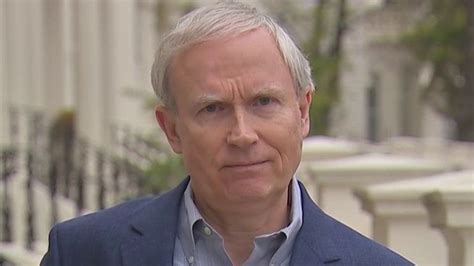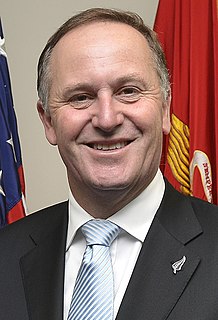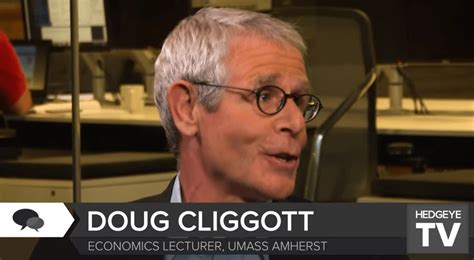A Quote by Luke Johnson
At some point the Japanese, Chinese and Saudi buyers of US and European Government bonds will see just what miserable value they offer. Then governments may have to stop all the runaway spending and bailouts and even put up interest rates.
Related Quotes
The time will come, and probably during 2009, that the only way the U.S. will be able to fund its deficits is to create money by printing it. The Treasury will have to sell bonds, and, in the absence of foreign buyers, the Fed will have to print the money to buy them. The consequence will be runaway inflation, increasing interest rates, recession, and inevitable tax increases on all Americans.
See the investment world as an ocean and buy where you get the most value for your money. Right now the value is in non-callable bonds. Most bonds are callable so when they start going up in price, the debtor calls them away from you. But the non-callable bonds, especially those non-callable for 25-30 years, can go way up in price if interest rates go way down.
It is the people who constitute the basis of Government credit. Why then cannot the people have benefit of their own gilt-edge credit by receiving non-interest bearing currency-instead of bankers receiving the benefit of the people's credit in interest-bearing bonds. If the United States Government will adopt this policy of increasing its national wealth without contributing to the interest collector-for the whole national debt is made up on interest charges-then you will see an era of progress and prosperity in this country such as could never have come otherwise.
The underlying strategy of the Fed is to tell people, "Do you want your money to lose value in the bank, or do you want to put it in the stock market?" They're trying to push money into the stock market, into hedge funds, to temporarily bid up prices. Then, all of a sudden, the Fed can raise interest rates, let the stock market prices collapse and the people will lose even more in the stock market than they would have by the negative interest rates in the bank. So it's a pro-Wall Street financial engineering gimmick.
If the U.S. Government was a company, the deficit would be $5 trillion because they would have to account by general accepted accounting principles. But actually they encourage government spending, reckless government spending, because the government can issue Treasury bills at extremely low interest rates.
The key is if the economic data stays soft, maybe we don't have to worry much about interest rates anymore. Then we need to worry about earnings. What gave us a really strong move in stock prices from late May until about two weeks ago was this heightened optimism that maybe interest rates are at that high. That gave you a relief rally. Now reality is setting in - if we've seen the worst on interest rates then we've seen the best on earnings.




































